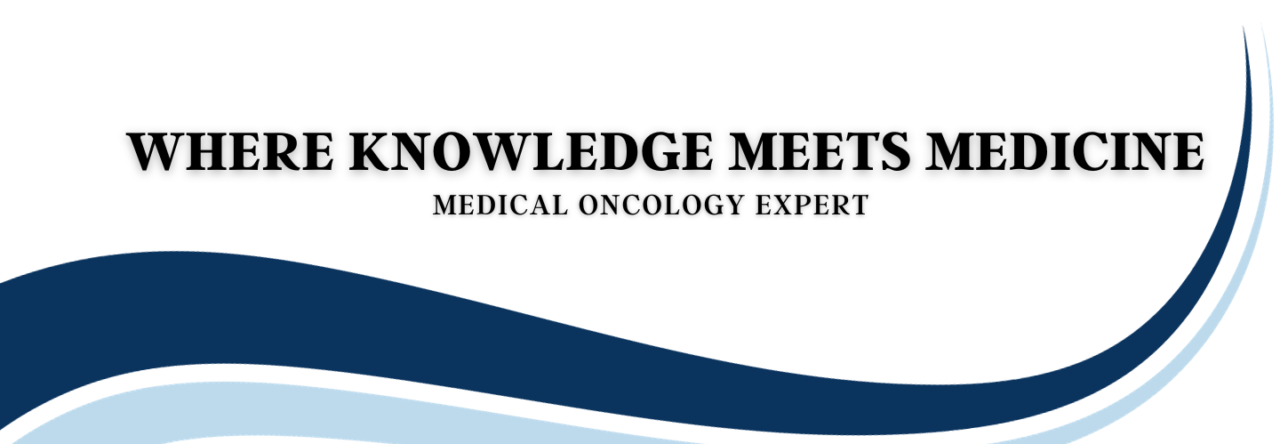In the field of oncology, timeliness is a critical component of effective patient care. Delays in diagnosis and treatment can significantly impact patient outcomes, making this a crucial area of focus in malpractice litigation. As an expert medical oncology witness, I understand the profound implications that treatment delays can have on both the medical and legal aspects of a case. This article will explore the importance of timely cancer treatment, the legal ramifications of delays, and how these issues are evaluated in the context of malpractice claims.
The Importance of Timely Diagnosis and Treatment
Cancer is a progressive disease, and the timing of diagnosis and treatment can dramatically influence its trajectory. Early detection and prompt initiation of treatment are key to improving survival rates and quality of life for patients. Here are some critical aspects:
- Early Detection: Detecting cancer at an early stage often means that the disease is more localized and amenable to less aggressive treatments, which can lead to better outcomes.
- Prompt Treatment: Immediate commencement of treatment can prevent the cancer from advancing to a more severe stage, reducing the complexity and risk associated with subsequent interventions.
- Follow-Up and Monitoring: Timely follow-up appointments and monitoring are essential to catch any signs of recurrence or progression early, allowing for swift intervention.
Legal Implications of Treatment Delays
In the legal context, delays in cancer diagnosis and treatment can form the basis of malpractice claims. The ramifications of such delays are evaluated based on several factors:
- Deviation from Standard of Care: Determining whether the delay constitutes a deviation from the accepted standard of care is crucial. This involves comparing the actions of the healthcare provider to what a reasonably competent provider would have done under similar circumstances.
- Causation: Establishing a causal link between the delay and the patient’s harm is essential. The plaintiff must demonstrate that the delay directly resulted in a worse prognosis or additional harm that could have been avoided with timely care.
- Impact on Prognosis: Evaluating how the delay affected the patient’s prognosis involves reviewing medical records, diagnostic timelines, and expert testimony. The focus is on whether earlier intervention would have likely resulted in a significantly different outcome.
Evaluating Delays in the Context of Malpractice Claims
As an expert medical oncology witness, my role is to provide an objective evaluation of whether a delay in diagnosis or treatment meets the criteria for malpractice. The process includes:
- Reviewing Medical Records:
- Comprehensive examination of all relevant medical records, including initial consultations, diagnostic tests, treatment plans, multidisciplinary cares, telephone records, prior orders, and follow-up notes. There are times where the treating physician may have done all of the appropriate steps however it was the noncompliant patient who didn’t followup or ignored recommendations with the treating physician or other involved physicians.
- Identifying any points where delays occurred and assessing the reasons for these delays. It is important for me as a medical oncologist that we play in our own sandbox and not comment on the standards of care in other specialities. For example, family practice, emergency care or dermatology, etc.
- Assessing Adherence to Guidelines:
- Comparing the care provided to established medical guidelines and best practices. For example, NCCN guidelines in medical oncology.
- Determining whether the delays were justified based on the clinical context or if they represented a deviation from standard care. There are nuances and it is important to understand if those nuances played a role.
- Evaluating Causation and Impact:
- Analyzing whether the delay directly contributed to a deterioration in the patient’s condition or limited treatment options.
- Using clinical expertise to provide an informed opinion on how the delay affected the patient’s prognosis. Oncology, earlier stage typically leads to improve prognosis and typically less therapies given.
- Providing Expert Testimony:
- Offering clear and unbiased testimony that explains the medical facts in an understandable manner for the court.
- Presenting findings on the timeline of care, deviations from standard practice, and the impact of the delays.
Case Examples
To illustrate, consider the following hypothetical scenarios:
- Delayed Diagnosis: A patient presents with symptoms suggestive of colorectal cancer, but the diagnosis is delayed due to failure to perform timely colonoscopy. For example, a positive cologuard test that no one acted on or significant blood in the stool where in both situations a diagnostic colonoscopy is warranted. The cancer progresses to a more advanced stage, requiring more extensive surgery, chemotherapy, radiation and reducing survival chances. In this case, the delay could be considered a deviation from standard care, with significant legal implications.
- Treatment Initiation Delay: A patient diagnosed with esophageal cancer experiences a significant delay in starting chemotherapy due to scheduling issues. The cancer metastasizes during the wait, worsening the prognosis. This delay could be seen as a failure to provide timely treatment, potentially constituting malpractice.
Timeliness in cancer treatment is not just a medical imperative but also a legal one. Delays in diagnosis and treatment can have severe consequences for patients and significant legal ramifications. For malpractice attorneys, understanding the importance of timely care and the criteria for evaluating delays is essential in building strong cases.
As an expert medical oncology witness, it is important to bring a thorough and objective approach to assessing these delays, helping to ensure that justice is served and that standards of care are upheld. By meticulously reviewing medical records, adhering to clinical guidelines, and providing clear expert testimony, this support the legal process in addressing the critical issue of timeliness in cancer treatment.

Dr. Sajeve Thomas is a distinguished medical professional and a compassionate guide in the field of oncology. With over a decade of dedicated experience as a board-certified medical oncologist/internal medicine specialist, Dr. Thomas has become a trusted expert in the treatment of melanoma, sarcoma, and gastrointestinal conditions. Currently practicing at the renowned Orlando Health Cancer Institute, he brings a wealth of expertise to the complex and challenging world of oncology.






